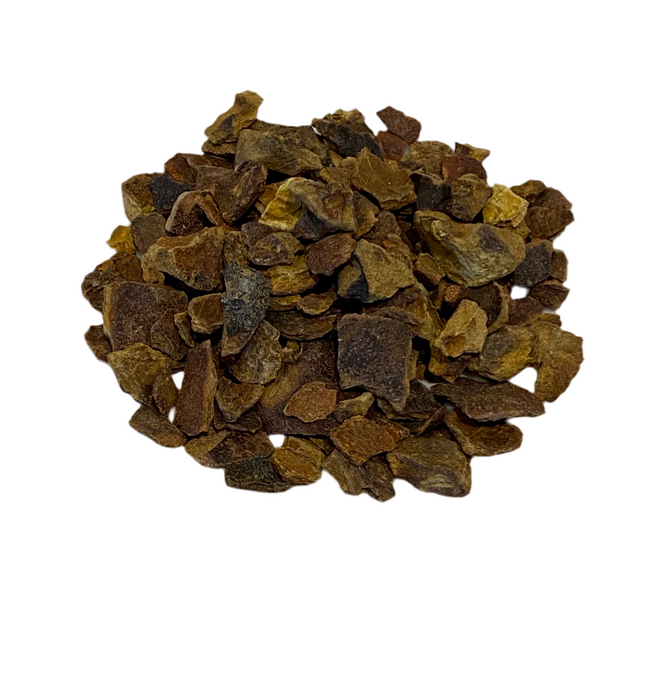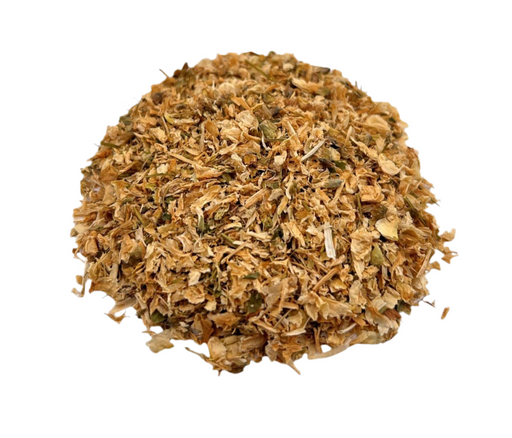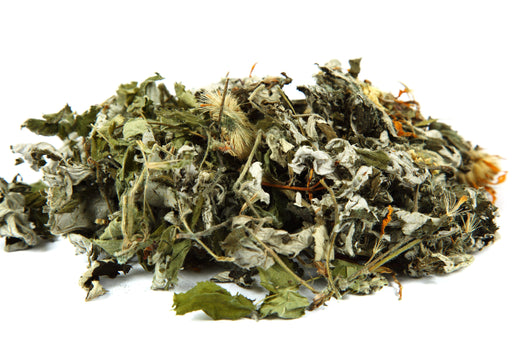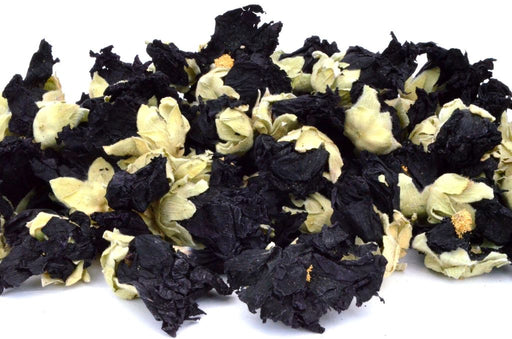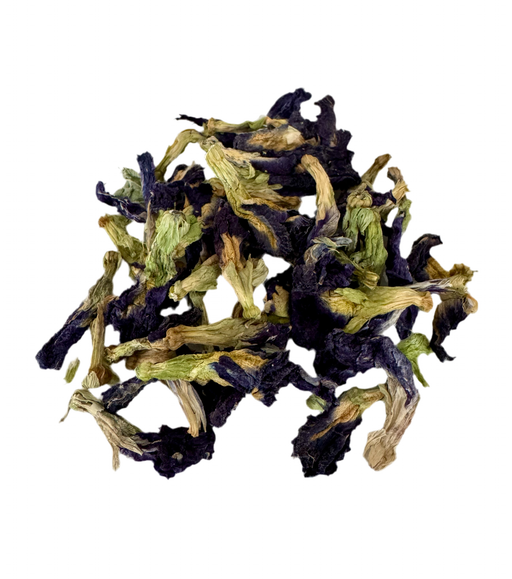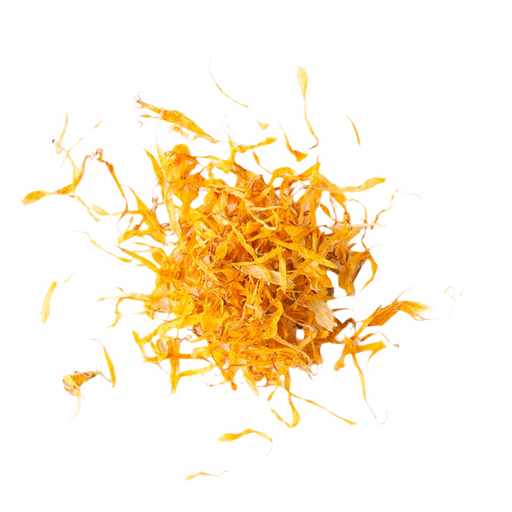Pomegranate Peel C/S
-
Botanical Name: Punica granatum
Pomegranate is a tree. Various parts of the tree and fruit are used to make medicine.
Pomegranate is used for conditions of the heart and blood vessels, including high blood pressure, congestive heart failure (CHF), heart attack, “hardening of the arteries” (atherosclerosis), and high cholesterol. It is also used for conditions of the digestive tract, including diarrhea, dysentery, and tapeworm and other intestinal parasites.
Some people use pomegranate for flu, swelling of the lining of the mouth (stomatitis), gum disease, erectile dysfunction (ED), diabetes and a complication called acidosis, bleeding, and HIV disease. It is also used for preventing prostate cancer, obesity, and weight loss. Some women use pomegranate to cause an abortion.
Pomegranate is used as a gargle for sore throat, and it is applied to the skin to treat hemorrhoids.
Pomegranate (Punica granatum) is unique among plants. The only other plant that is closely related is a small tree that grows only on an island in Yemen.
Pomegranate contains a variety of chemicals that might have antioxidant effects. Some preliminary research suggests that chemicals in pomegranate juice might slow the progression of atherosclerosis (hardening of the arteries) and possibly fight cancer cells. But it is not known if pomegranate has these effects when people drink the juice.
-
Botanical Name: Punica granatum
• Obesity and weight loss
• Chronic lung disease
• High cholesterol
• High blood pressure
• Gum disease






















































































